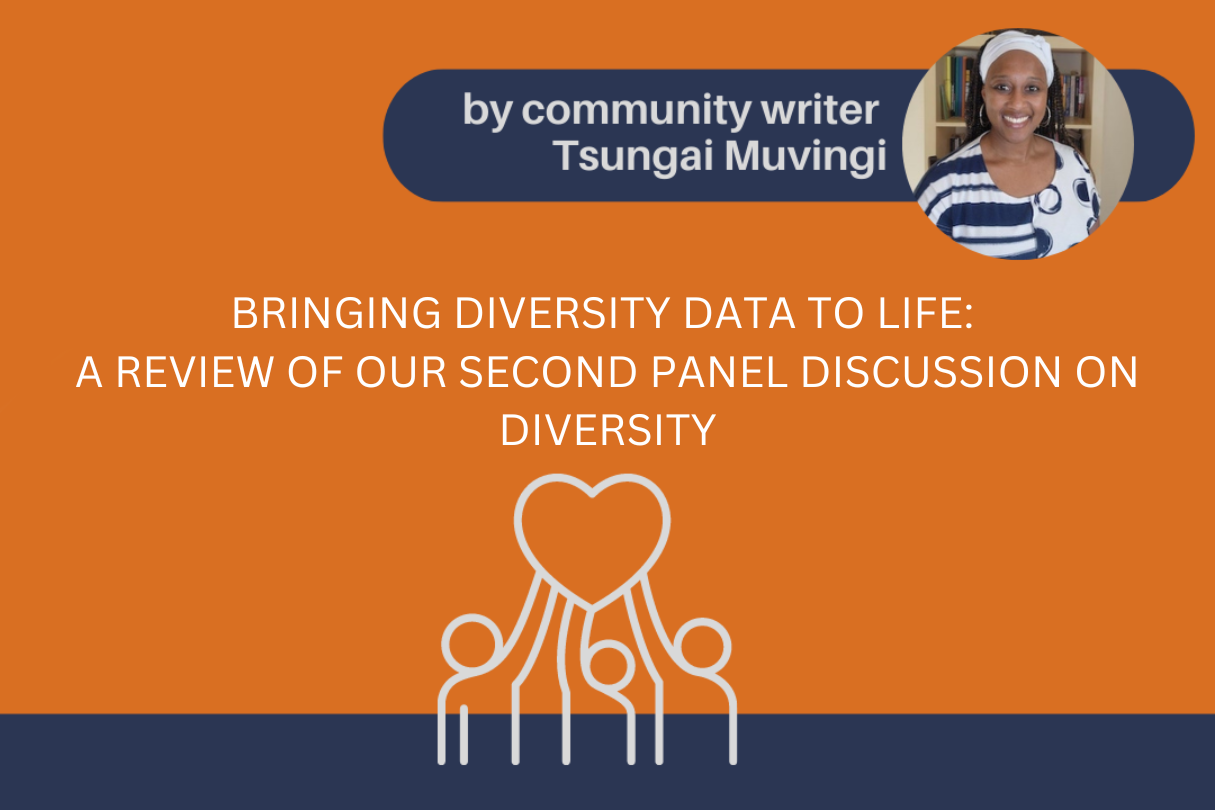The traditional image of a family no longer applies generically with far-reaching implications, including legal and tax consequences on wealth creation and inheritance, career choices, precarious work situations, and reunification through immigration.
Often significant societal and cultural elements are overlooked. For example, many families of Indigenous, African and East Indian heritage, the word family goes beyond parents and children living together as a unit. Family includes aunts, uncles, cousins, grandparents and even whole communities. There is no such thing as extended family. There’s just family.
Dr. Hilbrecht shared trends the institute is noticing across different family demographics. The families negatively impacted the most during the pandemic were immigrants, racialized families, LGBTQ2S+ and Indigenous families.
Panel members brought personal lived experience from their cultural communities to these insights. Countless immigrants worked in industries without options to work from home and exposed significantly to the pandemic. One might ask, why not find another job? However, lack of qualification recognition in numerous industries places families at a further disadvantage, while family structures limit their options.
One panel member emphasized how difficult it was to hold a permanent full-time job because of the need to take her children to her birth country every summer to be with family. Family that cannot immigrate because Canadian immigration policies and definitions do not include them. Another panel member pointed shared how choosing to be a full-time stay-at-home mum limited her options to unpaid work in the form of volunteering as it could accommodate her availability.
There was increased engagement with the audience during this panel discussion, which helped to identify additional gaps in the traditional definition of family, something the Vanier Institute of Families is working to address.
The importance of discussions and events like these cannot be overstated. Without diverse cultural communities coming together, society suffers, as there is always a ripple effect. Continuing to host events that draw cultural communities, institutions, policy makers, and service providers together will help to change the narrative for diverse families and ensure that every family’s well-being is protected and promoted.



